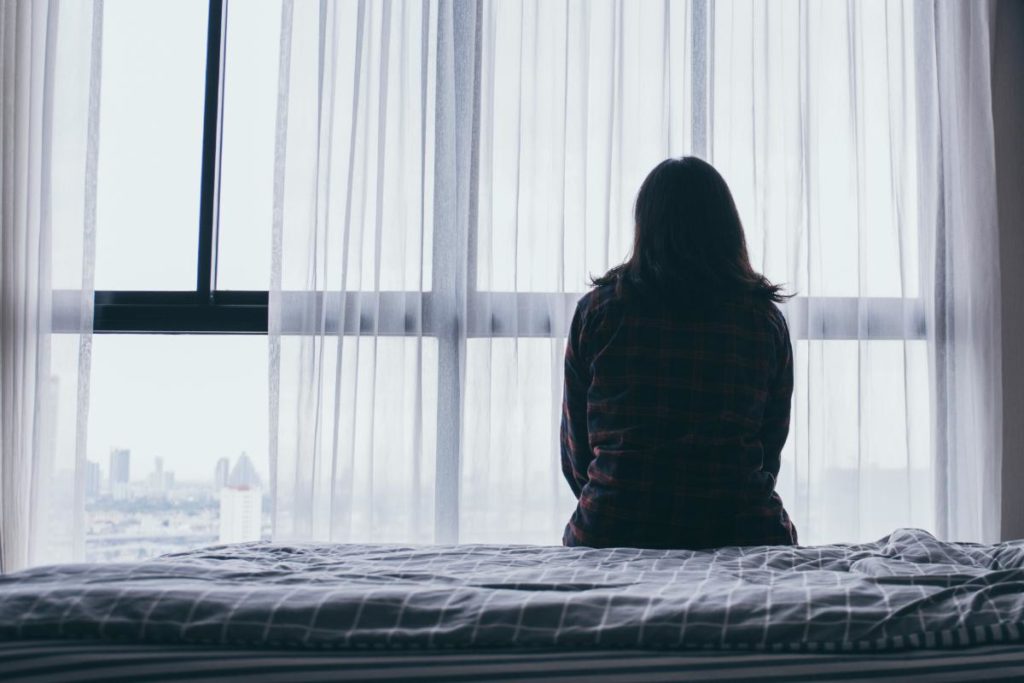The general concept of depression is fairly familiar to most people. People with clinical depression can show signs and symptoms that are usually noticeable. However, a person can also appear just fine to family and friends but still be depressed. The person might have high-functioning depression and may benefit from a depression treatment program.
High-functioning depression can present itself in many different ways, so it’s important to know the signs of different types of depression. If you or someone in your life are suffering from any type of depression, contact Northpoint Omaha today at 888.687.8014.
What Are the Different Types of Depression?
Depression is a medical condition that affects a person’s ability to function as well as their mood. There are several types of depression that involve different diagnostic criteria.
A person with any type of depression can benefit from exploring their treatment options. These options range from medications to various therapies and counseling.
There are seven main types of depression:
- Bipolar depression
- Perinatal and postpartum depression
- Premenstrual dysphoric disorder
- Major depressive disorder
- Seasonal affective disorder
- Psychotic depression
- High-functioning depression (diagnosed as persistent depressive disorder)
Different types of depression are diagnosed according to specific causes and symptoms.
Bipolar Depression
People who have bipolar disorder have periods of time when their moods alternate between extreme energy (mania) and very low moods (depression).
Perinatal and Postpartum Depression
Women with perinatal depression may be diagnosed during pregnancy and up to one year after the birth of a child.
Premenstrual Dysphoric Disorder (PMDD)
This type of depression is a severe form of premenstrual syndrome. Women can be overwhelmed by feelings of sadness and/or despair in the days or weeks leading up to their menstrual period.
Major Depressive Disorder (MDD)
This clinical depression is characterized by overwhelming, intense feelings of sadness and hopelessness that persist for longer than two weeks and interfere with daily life.
Seasonal Affective Disorder (SAD)
This depression is usually cyclic with the seasons, with most cases appearing in the fall or early winter and resolving during the spring.
Psychotic Depression
This type comes with severe depressive symptoms along with hallucinations or delusions. People are out of touch with reality and believe, see, and touch things that are not actually there.
Recognizing High-Functioning Depression
This type of depression can be difficult to diagnose because symptoms are not outwardly obvious. Symptoms may slowly worsen until the person realizes there is a serious problem.
Symptoms of high-functioning depression, which is formally diagnosed as persistent depressive disorder (PDD), may be less severe than those of major depressive disorder. However, with high-functioning depression, they last for two years or longer.
Some of the symptoms of high-functioning depression include:
- A consistent lack of energy
- Difficulty making decisions
- Waves of insomnia and/or sleeping too much
- A lack of self-esteem
In addition, there are signs a person may be dealing with high-functioning depression, including:
- It’s hard for them to feel good about themselves, even when given a compliment
- They may constantly criticize themselves
- They may cry or feel hopeless for seemingly no reason
- They may be tempted to use alcohol or drugs to escape
- They may have trouble seeing the bright side of any situation
- Others may notice the person seems “down”
A person with high-functioning depression often feels like they are in a trap, and nothing can help them. They may struggle to muster the energy to do basic tasks, resulting in feelings of overwhelm.
Compassionate Treatment for Depression at Northpoint Omaha
People with any type of depression deserve the most comprehensive and supportive treatment available to help them find a happier, healthy life. If you or a loved one needs help with depression, contact Northpoint Omaha at 888.687.8014.

